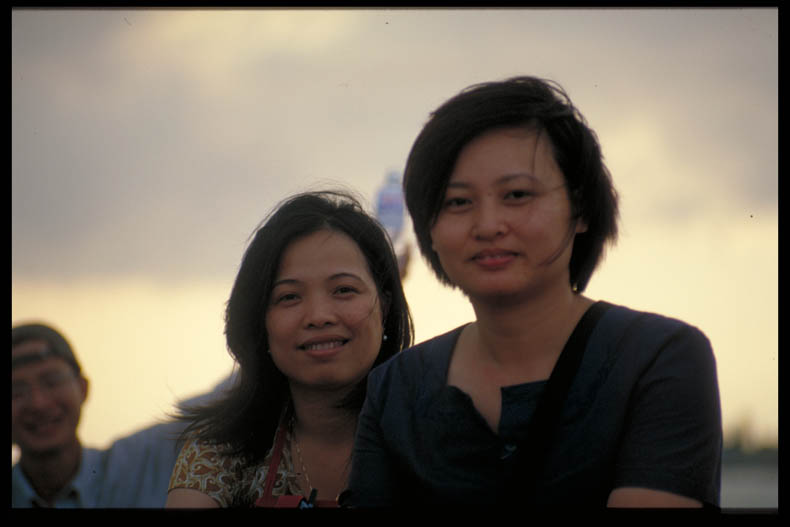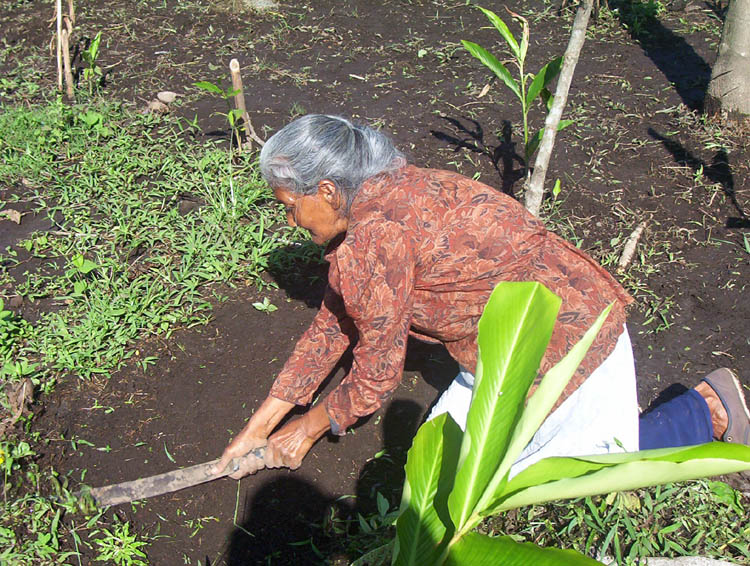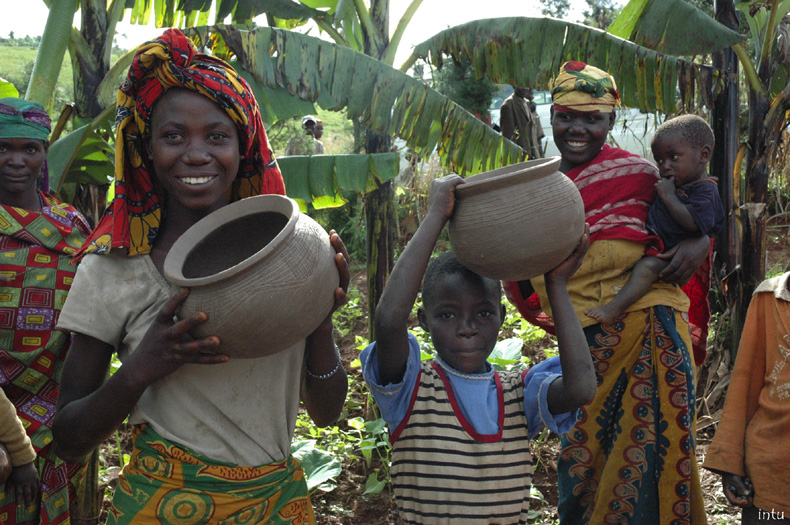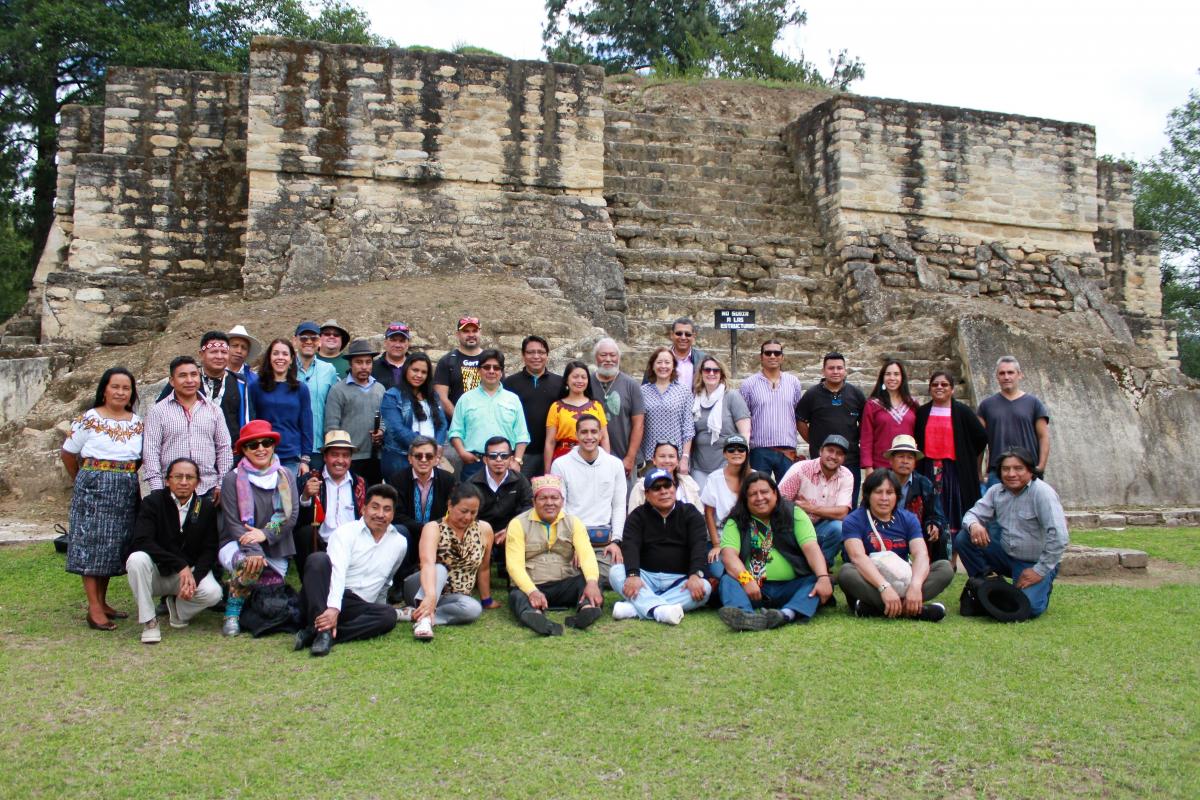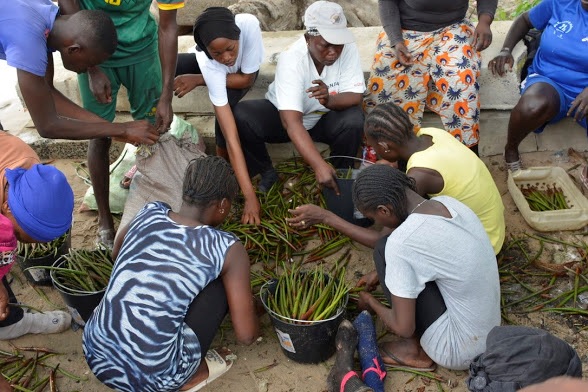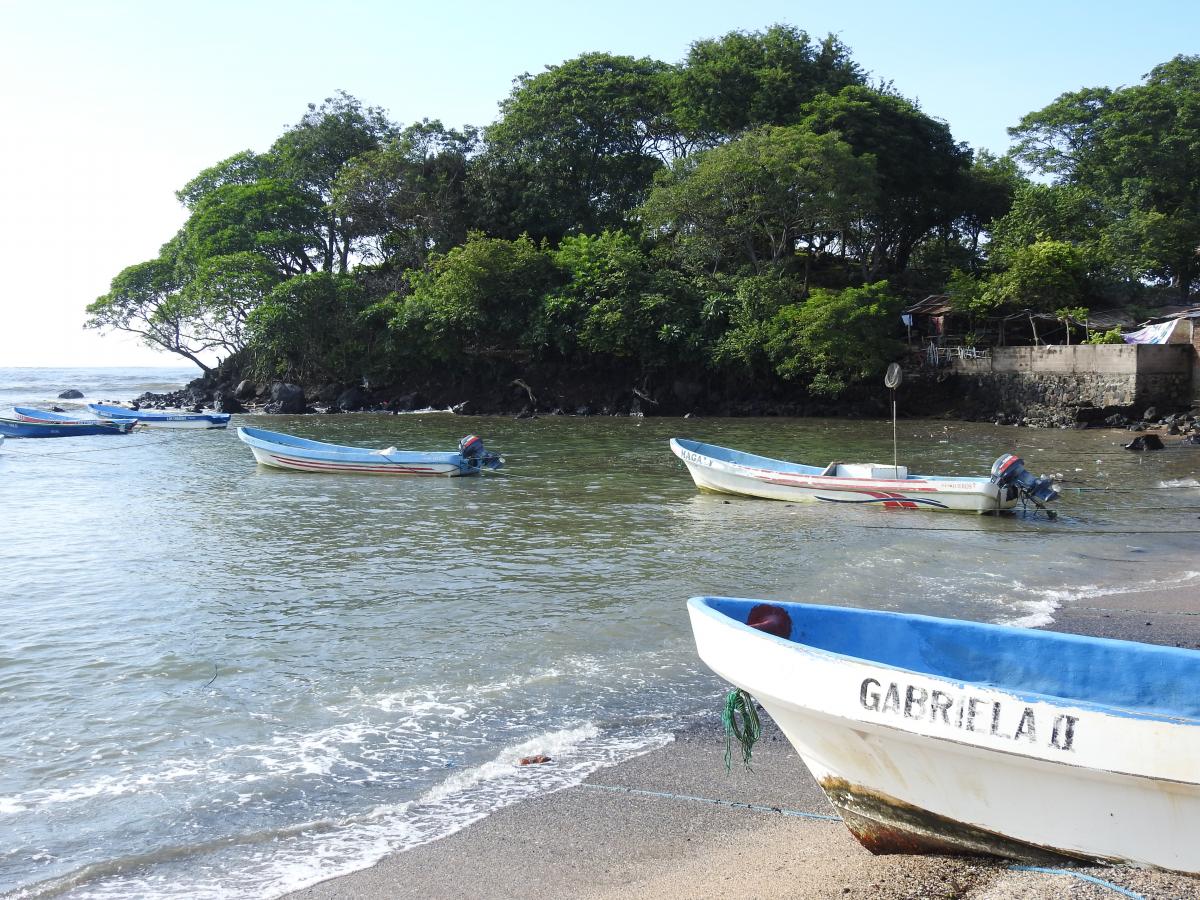IUCN Director General's statement on International Women’s Day 2016
Women are leaders, educators, engineers and farmers; they are also caretakers and guardians of the biodiversity which is fundamental to human existence.
Nature is important to all of us, but women and men rely on it in diverse and often different ways. Around the world, women have specific social and economic roles and responsibilities that give them a distinct and essential insight into their local resources and environment.
For many women, biologically diverse ecosystems are the foundation of their livelihoods, their cultural beliefs and even their basic survival. For instance, women make up 43% of the agricultural labour force in developing countries and it is estimated that two-thirds of the 600 million poor livestock keepers across the world are women.
In addition to the ecological services that biodiversity provides, collection and use of natural resources is of critical importance. Women around the world predominate as wild plant gatherers, plant domesticators, herbalists and seed custodians.
Yet women often experience unequal access to, and control over, natural resources. Worldwide, women have less access to land than men — in some countries owning less than 2% of the land — and women are at risk of sexual violence and discrimination as they travel to collect clean water, firewood or other necessities for life.
At IUCN, we are proud to be one of the first environmental organisations to have integrated gender into our analysis and policy prescriptions. For thirty years, we have acknowledged the importance of gender considerations in sustainable development and conservation.
Recognising the distinct contributions women and men can make in the global effort to tackle climate change, loss of biodiversity, food insecurity and poverty, for example, can improve environmental sustainability, and reduce the hardship faced by the most vulnerable people.
We have made progress in ensuring gender equality is incorporated into how the world tackles these challenges, but we still have a way to go. For instance, only 31.6% of focal points for the Convention on Biological Diversity (CBD) are women.
This September, IUCN holds its World Conservation Congress in Hawai’i. Thousands of leaders from government, civil society, Indigenous peoples, business, and academia will be coming together, so this is a huge opportunity to start implementing last year’s milestone global agreements on climate change and the Sustainable Development Goals.
At last December’s UN Paris climate conference, IUCN kept up its work to empower women and men alike in the search for solutions to the world’s conservation and environmental challenges. This involved the launch of a new publication on gender and climate change, culminating a decade of work with partners all over the world on how to promote gender-responsive solutions.
Gender equality is absolutely fundamental to successful environmental protection efforts. So, continuing the work of the past three decades, the role of women and girls will be central to both our debates and decisions at this September’s Congress in Hawai’i.
